
I recently watched a video from the YouTube Channel, Better Than Food about six strategies to improve one’s reading[1]. Many of the recommendations were pretty self-evident: making more time for reading, not reading too many books at once (the video creator recommends a max of three at once: one fiction, one non-fiction, and one of poetry), and abandoning books that you don’t like. I have trouble with that last one, but those three recommendations were things I had often heard before. I even wrote a blog post about the first recommendation: You Gotta Put in the Time, Bro.
But Better Than Food’s sixth tip, to make a list of ten books you want to read before you die, was something I had not heard before and immediately piqued my interest. As he presented them, the rules were simple: write down ten books on a physical piece of paper that you think you must read before you die. You can’t modify the list until you finish all ten books. You can read other books that aren’t on the list, of course, but the list itself cannot change until you finish the entire thing.
With reading and the rest of life, I think we often take the time remaining on earth for granted. If I were to read 50 books a year for the rest of my life, assuming I live to around the age of 80, that’s only 2500 more books. If I double that number to 100 or triple it to 150, which is no small feat, I still have only 5,000 to 7,500 books left. And that is assuming that I can keep up the pace of reading once I (hopefully) have a family. That’s not really that many books. A more realistic number for me is probably around a thousand books. Fifty years times twenty books a year. It’s a big ask for all of those thousand to be deep and meaningful experiences I’ve deliberately sought, but maybe 1%, or 10, of those books should be.
I decided to embark on this exercise myself, hoping to finish all the books on the list within a few years (and thus to make another list). I’m especially interested in what each book says about who I am now and preserving a memory of that in this blog post. I also am curious to see how each of these books lives (or does not live) up to my expectations. Our impressions of a thing and the thing itself are different: the map is not the territory. I also expect to read other books before I get to all the books on this list. Not only do I have a Lenten promise to keep, but distraction, chance, and sloth always seem to find a way into the best-laid plans.
Without further ado, here are ten books I want to read before I die and a short explanation of why I chose the particular book.
Infinite Jest: David Foster Wallace
Completed 10/1/2024: Review
As is the case with many books on this list, I have attempted to read DFW’s magnum opus before. My friend Billy and I did a virtual book club one summer on this book, although I only made it a couple hundred pages in. The writing style was beautiful, and I love the veiled critique of capitalism and our current educational culture. Still, I just didn’t have the mental energy to tackle the complexity of the plot and juggle the number of characters. David Foster Wallace is also one of my favorite interviewees, and it feels strange to be such a big fan of his without having read this! I hope to find someone to read it with me again. Please leave a comment if you’re interested.
Il Deserto dei Tartari: Dino Buzzati
It’s funny how God answers your prayers sometimes. For the past year, I’ve struggled with a relatively major stumbling block: a terrible case of analysis paralysis and a relatively minor one: which language to learn next. This summer, I stumbled upon this book in two places: the blog of 210ethan, which had linked to one of my Anki posts, and in a small bookstore in Harbor Springs, Michigan, where I attended a wedding. One of the most famous existentialist novels of all time, I think it contains the solution to my analysis paralysis, which is to take action. Although I have a copy of this book in English and have read about 2/3 of it, I think the Lord (or the universe, if you prefer) would rather I finish it in Italian.
Cien Años de Soledad: Gabriel García Márquez
Finished: 4/6/25
This book was one of the books I learned Spanish for. It would be a travesty not to finish it, even if I don’t end up liking the book. From what I have read so far, GGMs writing is beautiful, and the characters are so very human. Everyone has the same name, making it hard to keep track of what is happening sometimes.
The Matter with Things: Iain McGilchrist
I’ve been reading the Master and his Emissary with Philosophy book club, and I’ve loved McGilchrist’s analysis of the world and his diagnosis of what is wrong with our modern culture (an overemphasis on the left-brained, detailed-oriented view of the world). The Matter with Things goes much deeper, and I plan to read it very slowly to absorb the message more deeply.
Se una Notte D’inverno un Viaggiatore: Italo Calvino
David Mitchell was impressed by this book the first time he read it, which is honestly enough for me to put this on this list. I’ve already read Earthsea, another one of Mitchell’s must-reads, which did not disappoint. I’ve also heard that this book is similar to Borges, which I enjoyed.
Pedro Páramo: Juan Rolfo
Another book I learned Spanish for. I was supposed to read this with my friend Kira in 2020 but never got around to it. It’s less than 100 pages, so there’s really no excuse.
Soumission: Michel Houellebecq
Completed 9/30/24: Review.
Houellebecq pulls no punches when it comes to anyone. I’ve already read and enjoyed his The Elementary Particles, a wildly apt picture of what is wrong with our current romantic world. Soumission tackles a more complicated topic: the surrender of modern Western culture to Islam. Although potentially Islamophobic, I think the book is much about how the modern West doesn’t stand for anything anymore. This lack of a firm worldview makes it easy for other cultures that still know what they stand for to fill the vacuum. I hope to read this in the original French.
La Citadelle Interieure: Pierre Hadot
I read Pierre Hadot’s Philosophy as a Way of Life in the summer of 2022 and it changed my life. Philosophy at its core is a way of approaching the problem of existence, and Philosophy as a Way of Life made it very clear to me how the texts of the ancients were evidence of this approach to philosophy and life. The Inner Citadel is a further expansion on this theme, focusing in particular on the works of Marcus Aurelius. I hope to read this in the original French.
Del Sentimiento Trágico de la Vida: Miguel de Unamuno
Completed 7/28/24: Review
I started reading this book late last year, but it was too much on top of my reading for philosophy class. I found out about Unamuno through his quotes in Ortega y Gasset para Profanos, and his philosophy, a kind of existentialist Catholicism, was immediately attractive to me. I converted to Catholicism this past Easter, but I still have many lingering doubts and questions I’m struggling with. I hope Unamuno’s work will bring me some extra measure of clarity.
Spring Snow: Yukio Mishima
My high school senior English teacher was obsessed with Confessions of a Mask, which got me started being interested in Yukio Mishima. The guy was quite a character: he longed to return to Japan’s warrior past, which culminated in an attempt to overthrow the government and his ritual suicide in 1970. Mishima also obsessively weightlifted for the last 15 years of his life and believed in cultivating the mind and the body, which I firmly believe in. I’m not sure why I picked Spring Snow over his other work, but I’m excited to get to know Mishima more through his writing.
[1] I know this in violation of my Lenten promise. I haven’t been the best at keeping that. I’ll write a blog post about this at the end of lent, but I think I took on too much. My Lenten reading list has been a much more fruitful way of growing closer to God: I find I’m reading what I actually deeply want to (Philosophy Book Club and language learning commitments) rather than whatever catches my fancy.



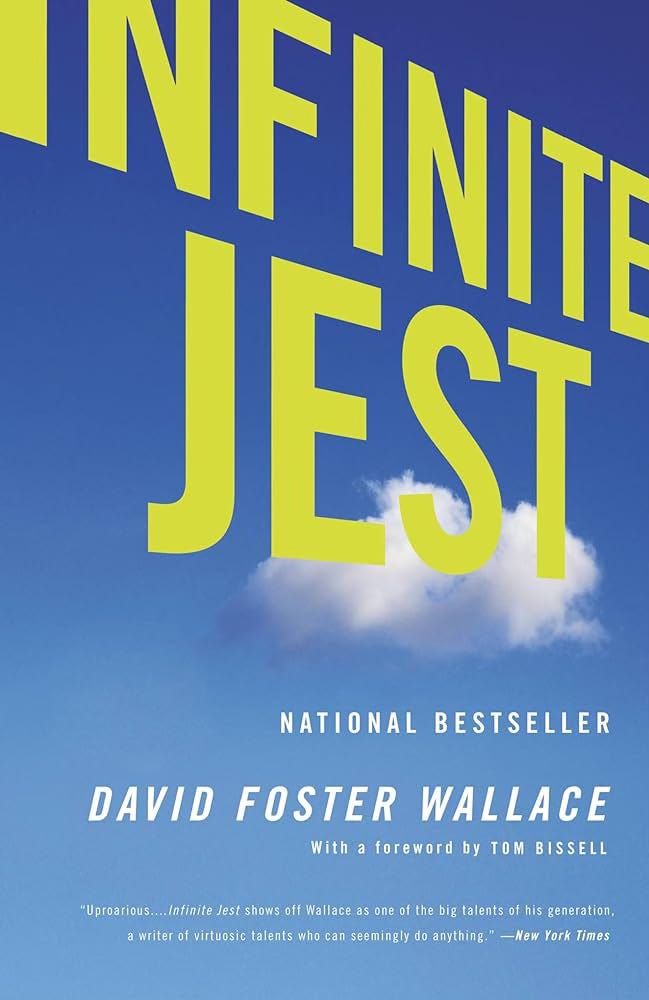
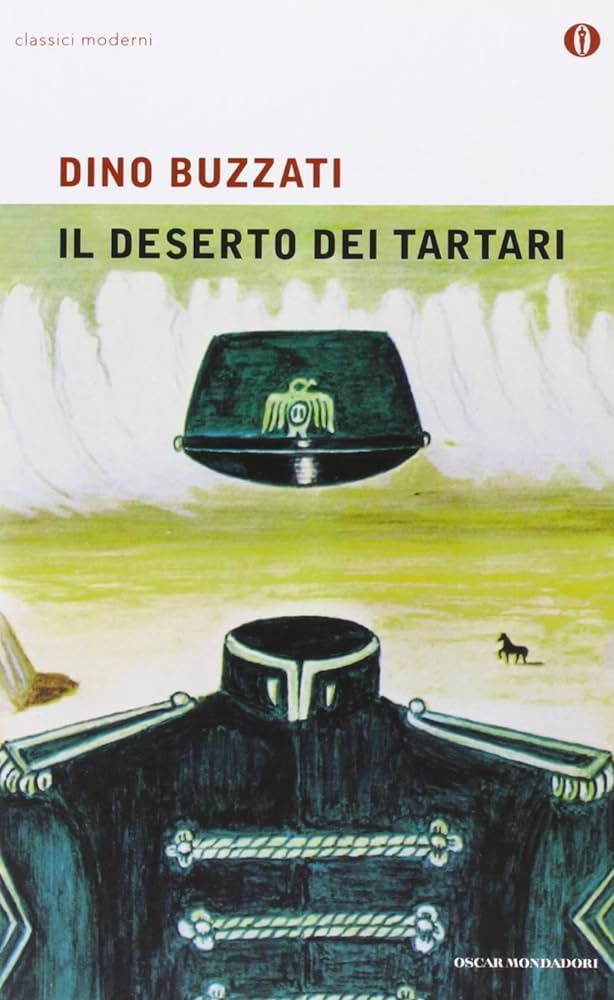

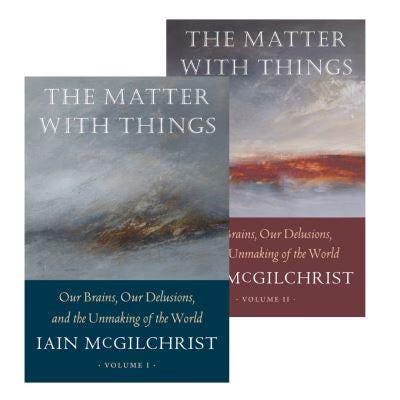


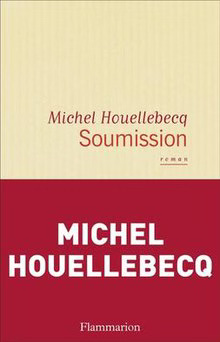

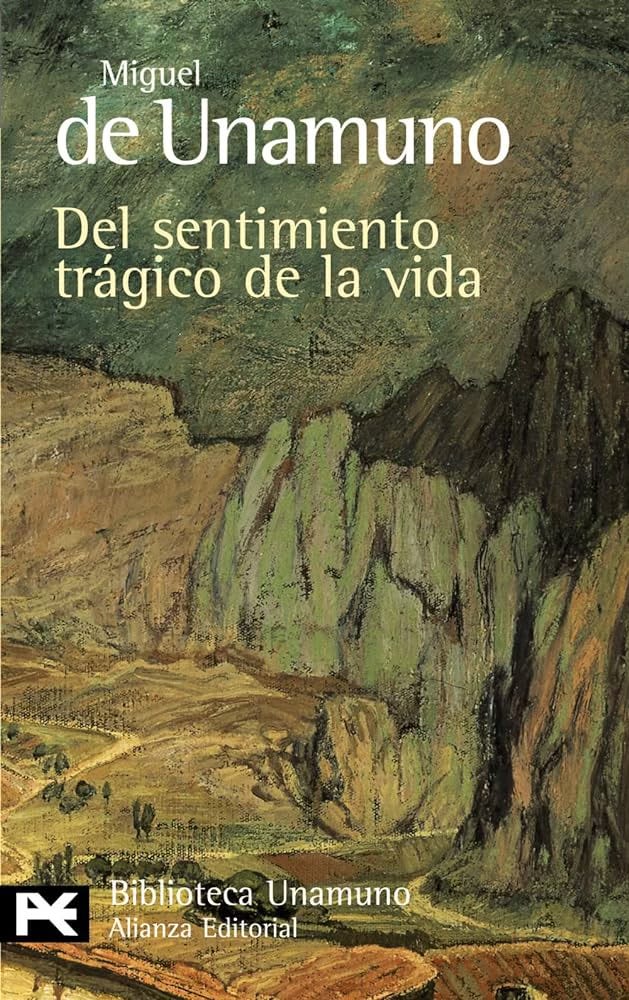

What a nice exercise! I may have to do this too. Calvino is terrific and will not disappoint.
Hi, I am from Australia.
Perhaps a good book to read before you die is this one:
http://www.easydeathbook.com/purpose.asp the purpose of death & what It requires of us - beautiful prose.
Related references
http://www.adidaupclose.org/Literature_Theater/skalsky.html an introduction to The Orpheum Trilogy which includes The Mummery Book, The Scapegoat Book and the more-than-wonderful Happenine Book
With reference to the Matter With Things
http://www.integralworld.net/reynolds16.html The Miracle of "Matter" and Conscious Light
http://www.kneeoflistening.com The Incarnation of Conscious Light